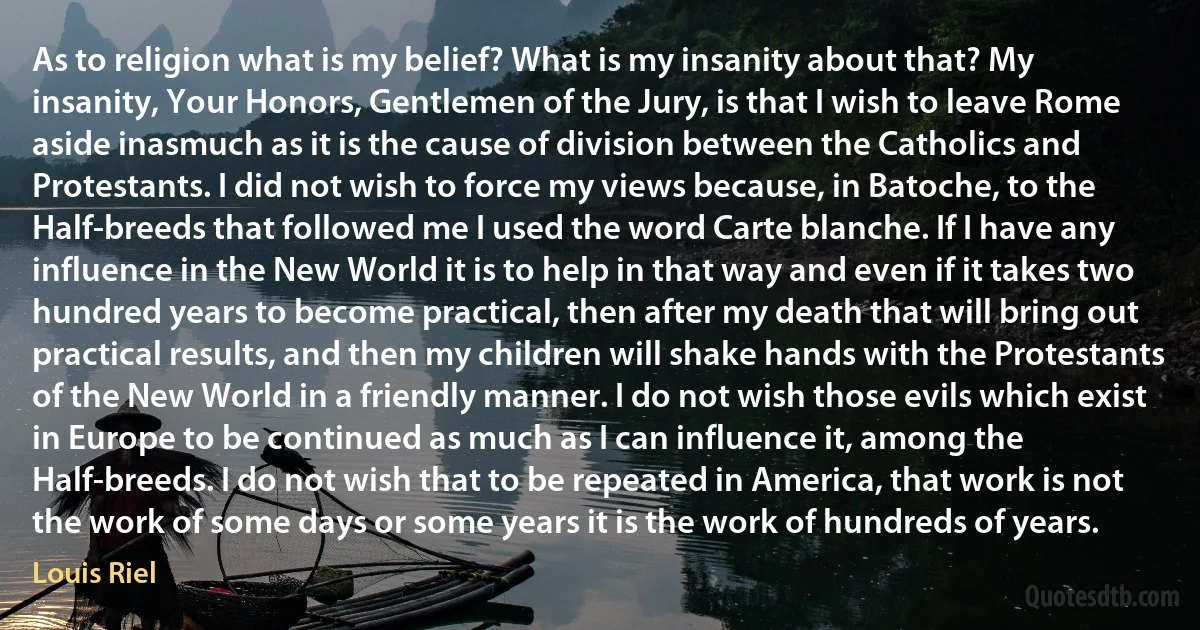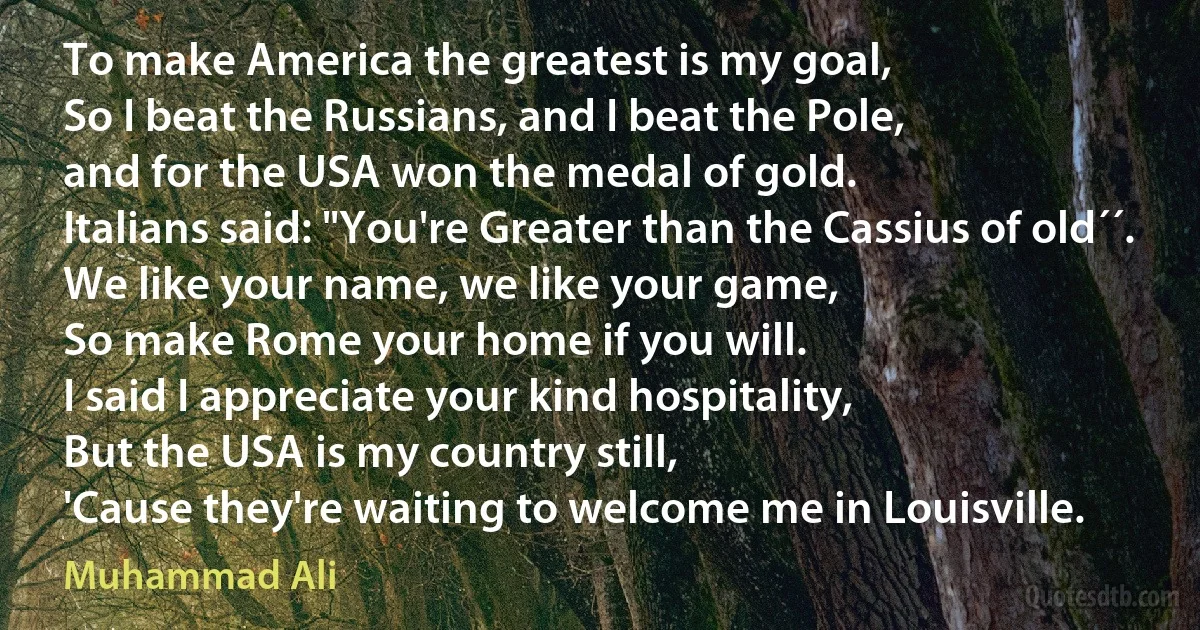Rome Quotes - page 7
In the last centuries of the empire, educational standards and literacy had fallen. In the dulled heads of the masses, distracted by cheap food and the barbaric spectacles of the coliseums, the values on which Rome had been founded and the ancient rationalism of the Greeks had been replaced by mysticism and superstition. It was-Honorius had explained to his pupil-as if a whole culture was losing its mind. People were forgetting how to think, and soon they would forget they had forgotten. And, to Honorius's thinking, Christianity only exacerbated that problem.
"You know, Augustine warned us that belief in the old myths was fading-even a century and a half ago, as the dogma of the Christians took root. And with the loss of the myths, so vanishes the learning of a thousand years, which are codified in those myths, and the monolithic dogmas of the Church will snuff out rational inquiry for ten more centuries. The light is fading, Athalric.”.

Stephen Baxter
We have classical associations and great names of our own which we can confidently oppose to the most splendid of ancient times. Senate has not to our ears a sound so venerable as Parliament. We respect the Great Charter more than the laws of Solon. The Capitol and the Forum impress us with less awe than our own Westminster Hall and Westminster Abbey...The list of warriors and statesmen by whom our constitution was founded or preserved, from De Montfort down to Fox, may well stand a comparison with the Fasti of Rome. The dying thanksgiving of Sydney is as noble as the libation which Thrasea poured to Liberating Jove: and we think with far less pleasure of Cato tearing out his entrails than of Russell saying, as he turned away from his wife, that the bitterness of death was past.

Thomas Babington Macaulay
No sound of joy or sorrow
Was heard from either bank;
But friends and foes in dumb surprise,
With parted lips and straining eyes,
Stood gazing where he sank;
And when above the surges,
They saw his crest appear,
All Rome sent forth a rapturous cry,
And even the ranks of Tuscany
Could scarce forbear to cheer.

Thomas Babington Macaulay
Sport is linked with the technical world because sport itself is a technique. The enormous contrast between the athletes of Greece and those of Rome is well known. For the Greeks, physical exercise was an ethic for developing freely and harmoniously the form and strength of the human body. For the Romans, it was a technique for increasing the legionnaire's efficiency. The Roman conception prevails today.

Jacques Ellul
The Treaty [of Rome] does not touch any of the matters which concern solely England and the people in it. These are still governed by English law. They are not affected by the Treaty. But when we come to matters with a European element, the Treaty is like an incoming tide. It flows into the estuaries and up the rivers. It cannot be held back, Parliament has decreed that the Treaty is henceforward to be part of our law. It is equal in force to any statute.

Alfred Denning, Baron Denning
He has a deep contempt for Britain, the British people and parliamentary democracy. He is trying to climb back to power via the Treaty of Rome, and put Britain under government from Brussels for ever. In 1970 Mr Heath solemnly promised that he would not take Britain into the Common Market without the full-hearted consent of the British people. He broke his pledged word then, and he now says he will not accept a 'No' vote on Thursday. Heath promised more jobs and higher living standards inside the EEC. These promises were all broken, and he now tells us we are so poor we cannot come out; beggars can't be choosers. That is false, too. Heath's leadership has been a total disaster for the British people. The Tory Party threw him out.

Tony Benn
His mind resembled the vast ampitheatre, the Colisæum at Rome. In the centre stood his judgement, which like a mighty gladiator, combated those apprehensions that, like the wild beasts of the Arena, were all around in cells, ready to be let out upon him. After a conflict, he drives them back into their dens; but not killing them, they were still assailing him.

James Boswell
PowerPoint is symptomatic of a certain type of bureaucratic environment: one typified by interminable presentations with lots of fussy little bullet-points and flashy dissolves and soundtracks masked into the background, to try to convince the audience that the goon behind the computer has something significant to say. It's the tool of choice for pointy-headed idiots with expensive suits and skinny laptops who desperately want to look as if they're in command of the job, with all the facts at their fiddling fingertips, even if Rome is burning in the background. Nothing stands for content-free corporate bullshit quite like PowerPoint. And that's just scratching the surface...

Charles Stross
It is true that the materialistic society, the so-called culture that has evolved under the tender mercies of capitalism, has produced what seems to be the ultimate limit of this worldliness. And nowhere, except perhaps in the analogous society of pagan Rome, has there ever been such a flowering of cheap and petty and disgusting lusts and vanities as in the world of capitalism, where there is no evil that is not fostered and encouraged for the sake of making money. We live in a society whose whole policy is to excite every nerve in the human body and keep it at the highest pitch of artificial tension, to strain every human desire to the limit and to create as many new desires and synthetic passions as possible, in order to cater to them with the products of our factories and printing presses and movie studios and all the rest.

Thomas Merton
Manuel stared at the place where Piet had been. The man he had known so little would now lie in this place far beyond the moon of Islam and the cross of Rome and the hammer of Marx, in a territory open and without plan, beyond man and his encasing theories, his filters, beyond the closed rooms of the civilized mind.

Gregory Benford
We can see in the gladiatorial shows of Rome, which degenerated into the butchery alike of beasts and men, the sure sign of moral decay which ended in the destruction of the empire and the breaking up of the great influence it had cast over the world. It is altogether necessary that we keep our own amusements and recreations within that field which will be prophetic, not of destruction, but of development. It is characteristic of almost the entire American life that it has a most worthy regard for clean and manly sports. It has little appetite for that which is unwholesome or brutal.

Calvin Coolidge
Now let us consider how many relics of the true cross there are in the world. An account of those merely with which I am acquainted would fill a whole volume, for there is not a church, from a cathedral to the most miserable abbey or parish church, that does not contain a piece. Large splinters of it are preserved in various places, as for instance in the Holy Chapel at Paris, whilst at Rome they show a crucifix of considerable size made entirely, they say, from this wood. In short, if we were to collect all these pieces of the true cross exhibited in various parts, they would form a whole ship's cargo. The Gospel testifies that the cross could be borne by one single individual;..

John Calvin
The hinges on which the controversy turns are these: first, in their contending that the form of the Church is always visible and apparent; and, secondly, in their placing this form in the see of the Church of Rome and its hierarchy. We, on the contrary, maintain, both that the Church may exist without any apparent form, and, moreover, that the form is not ascertained by that external splendour which they foolishly admire, but by a very different mark, namely, by the pure preaching of the word of God, and the due administration of the sacraments.

John Calvin
The belief that the body of the Virgin was not interred on earth, but was taken to heaven, has deprived them of all pretext for manufacturing any relics of her remains, which otherwise might have been sufficiently abundant to fill a whole churchyard; yet in order to have at least something belonging to her, they sought to indemnify themselves for the absence of other relics with the possession of her hair and her milk. The hair is shown in several churches in Rome, and at Salvatierra in Spain, at Macon, St Flour, Cluny, Nevers, and in many other towns. With regard to the milk, there is not perhaps a town, a convent, or nunnery, where it is now shown in large or small quantites. Indeed, had the Virgin been a wet-nurse her whole life, or a dairy, she could not have produced more than is shown as hers in various parts.

John Calvin



